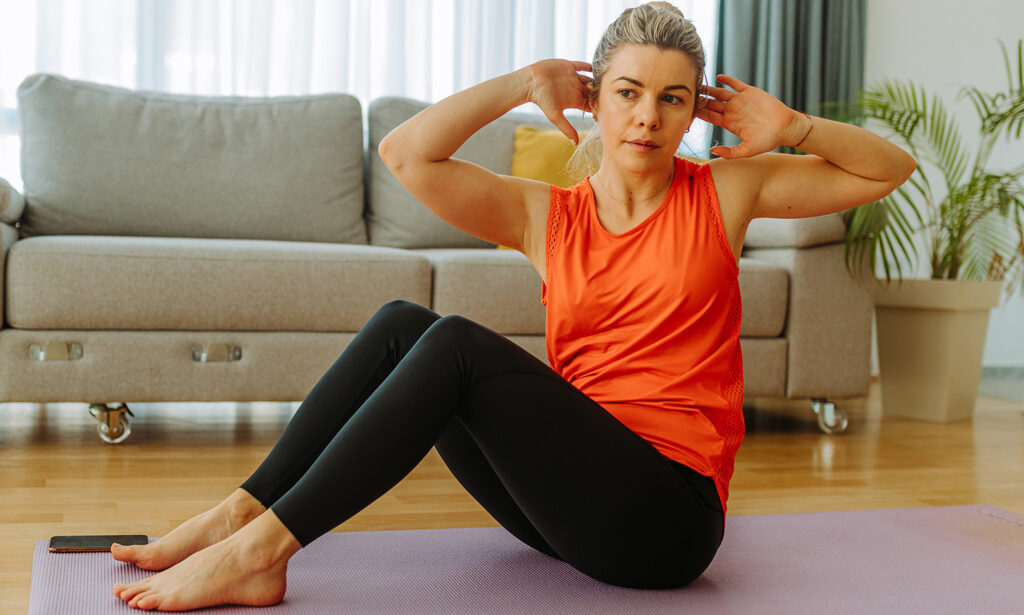Whether you’re a yoga expert or a beginner, you’ll be happy to know that yoga is not only good for your physical health, but it can also help you relieve anxiety and depression. It’s important to keep in mind, however, that there are different types of yoga, so finding the best yoga for mental health may require some research.
Uttanasana
Performing Uttanasana yoga poses can be a very beneficial activity for your mental health. This yoga exercise helps to calm your mind, relieve stress, and strengthen your muscles, cenforce 25 mg is a wonderful medicine and works best for the treatment of erectile dysfunction. In addition, it can increase your immunity and learning capacity. You can also use this exercise as part of your routine.
To perform this pose, you will need to start by standing up straight. You should place your hands on your hips. If you have trouble with your flexibility, you can rest your palms on the floor. You can also grip the back of your ankles.
Then you will need to bend forward from the hips. Your knees should be bent to maintain the bending of the thigh bones. Once you have completed this exercise, you can exhale and allow your thigh bones to come back. This action will lengthen your spine. You can hold this position for 30 seconds to one minute. If you are an advanced practitioner, you can stay in this position for a longer period.
If you suffer from joint pain, hamstring, or lower back pain, these yoga poses can be helpful. It can also be useful to improve the flexibility of your back. This yoga pose is also great for stretching the inner groin area. It can be beneficial to pregnant women.
This pose can help to prevent asthma, osteoporosis, and Alzheimer’s disease. It can also help to alleviate menopause symptoms. It can also improve digestion. In addition, it can relieve insomnia. It can also relieve a headache.
Besides its many benefits, Uttanasana can also be used as a tool to relieve depression. It can also be used to stimulate the liver, kidneys, and digestive organs. You can also use this pose to reduce skin disorders and hair loss. It can also be used to help with infertility. You should consult a doctor if you have any health conditions before you begin this yoga exercise.
You can also practice Uttanasana before going to sleep to relieve stress and anxiety. This is especially useful if you are experiencing insomnia. You can then get a good night’s sleep.
Viparita Karani
Practicing Viparita Karani yoga benefits mental health and can heal migraines, improve blood circulation, alleviate headaches, and help reduce anxiety and depression. It can also relieve muscle cramps in the legs, rebalance the flow of prana, and relax the nervous system. It’s a great pose for beginners.
This calming pose stimulates the parasympathetic nervous system, which releases stress and relaxes the nerves and muscles. It is beneficial for healing and preventing migraines, hypertension, menstrual cramps, digestive problems, and premenstrual syndrome.
This restorative pose is also said to help improve energy and enhance sleep. A few props are helpful when performing in this arena, including pillows, eye pillows, and a belt.
The legs-up-the-wall yoga poses is a restorative pose that can be done by anyone, no matter how old or young. It is a gentle yoga exercise that is perfect for easing stress and reducing fatigue. Using a bolster to support the back makes the pose easier.
The Hindu scriptures claim that practicing Viparita Karani is effective in banishing age, wrinkles, and death. However, it is important to consult your doctor before starting any new yoga exercise. You should also avoid doing this pose if you are pregnant or if you have eye or back problems.
To get the most benefit from this pose, you should be able to relax completely. You should also make sure to follow a calming breath exercise. Slow your breathing rate down and breathe in and out five times.
This restorative yoga pose has a plethora of health benefits, but it is recommended that you perform it under the guidance of a qualified yoga teacher.
Hatha yoga
Practicing Hatha yoga can improve your mental health in a variety of ways. There are physical benefits as well, including reduced stress, better sleep, and increased energy.
Research has found that a regular practice of Hatha yoga can help reduce depression. One study reported that after five weeks of practicing, participants’ depression scores decreased. Another showed that participants who did a once-a-week Hatha yoga class for five weeks had a decrease in their depressive symptoms.
Although the effects of a single-session Hatha yoga class have not been studied, the overall effect of a consistent, regular practice is believed to be significant. It is a good idea to check with your physician before starting a yoga program.
Several studies have shown that practicing hatha yoga is associated with a decrease in cortisol, the stress hormone. This is important because stress is a known trigger for physical illness.
In addition, hatha yoga can increase your brain’s concentration. Typically, a hatha yoga class will start with a centering exercise that focuses on breathing and meditation. These exercises can be performed lying down or sitting. After the centering exercise, you will move into a series of poses. Each pose will be a little different, but you can always modify the pose to meet your own needs.
If you do not have a strong core, you will be at higher risk for back injuries. In addition, strong core muscles can improve balance and help prevent lower back pain.
A 2015 study on Chinese adults found that a 12-week hatha yoga program improved fitness levels. The same study also found that Hatha yoga can improve muscle strength.
Another study showed that Hatha yoga is an effective treatment for chronic pain. Aside from alleviating pain, hatha yoga can boost your immune system, which can prevent infections. It can also ease arthritis.
A study of 34 men found that Hatha yoga improves postural control. In addition, the study noted that a participant’s ability to handle a stressful situation improved.
Yin yoga
Yin yoga has been shown to reduce stress, depression, and anxiety, which could have significant implications for public health. This type of yoga involves holding postures for longer periods than usual, stretching the body’s connective tissue. It is a slow and meditative practice that encourages relaxation and introspection.
The effects of Yin yoga and psychoeducation programs on common psychological risk factors associated with non-communicable diseases (NCDs) are still uncertain. However, results from five-week Yin yoga-based interventions indicate that the practice can decrease physiological risk factors. These include vasoactive peptide ADM, which is associated with NCDs and premature mortality. Combined with psychoeducation, Yin yoga produces even stronger effects on psychological health.
Yin yoga is a gentle and meditative practice that stretches the body’s connective tissue and relaxes the nervous system. This can reduce stress and increase blood flow, helping to deliver more oxygen to cells. It can also improve balance, flexibility, and mental clarity.
Yin yoga involves deep breathing and relaxation. A slow, conscious breath activates the parasympathetic nervous system, which is the rest system. It slows the heart rate, stimulates digestion and metabolism, and induces relaxation.
Yin yoga also increases blood circulation, which allows more oxygen to reach cells. It is also an excellent form of exercise for those suffering from chronic illness or injury. It can also help cancer patients by decreasing the adverse effects of their treatment.
Yin yoga provides a nurturing environment that encourages compassion, self-awareness, relaxation, and healing. It is a practice that can be done at home, in a community center or in a studio. If you are considering Yin yoga, be sure to find a qualified teacher and look for a group or class that is a supportive environment.
Yin yoga can be a low-cost method to limit the harmful effects of high levels of stress. If you are thinking about starting a Yin yoga program, make sure to consult your physician or another health professional before beginning.
Yin yoga can be very helpful for those suffering from chronic illnesses or injuries. Yin yoga is an effective way to relieve pain, strengthen the body, and enhance mental focus.



